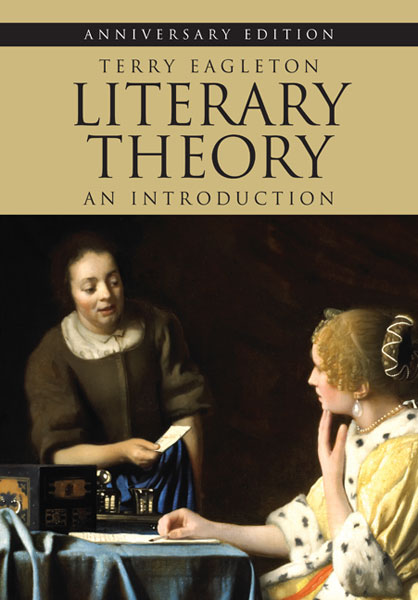
Course Overview

Course Content
Loading...
Latest Courses
CSE Summer 2025
21 Lessons
Updated: Jul 2025
CSE Summer 2025
21 Lessons
Updated: Jul 2025
CSE Summer 2025
22 Lessons
Updated: Jul 2025
13 Lessons
Updated: Jan 2025
CSE Summer 2025
16 Lessons
Updated: Jul 2025
CSE Summer 2025
16 Lessons
Updated: Jul 2025
CSE Summer 2025
21 Lessons
Updated: Jul 2025
CSE Summer 2025
20 Lessons
Updated: Jul 2025
CSE Summer 2025
26 Lessons
Updated: Jul 2025
CSE Summer 2025
18 Lessons
Updated: Jul 2025
ESDM Summer 2025
21 Lessons
Updated: Jul 2025
AGS Summer 2025
28 Lessons
Updated: Feb 2025
